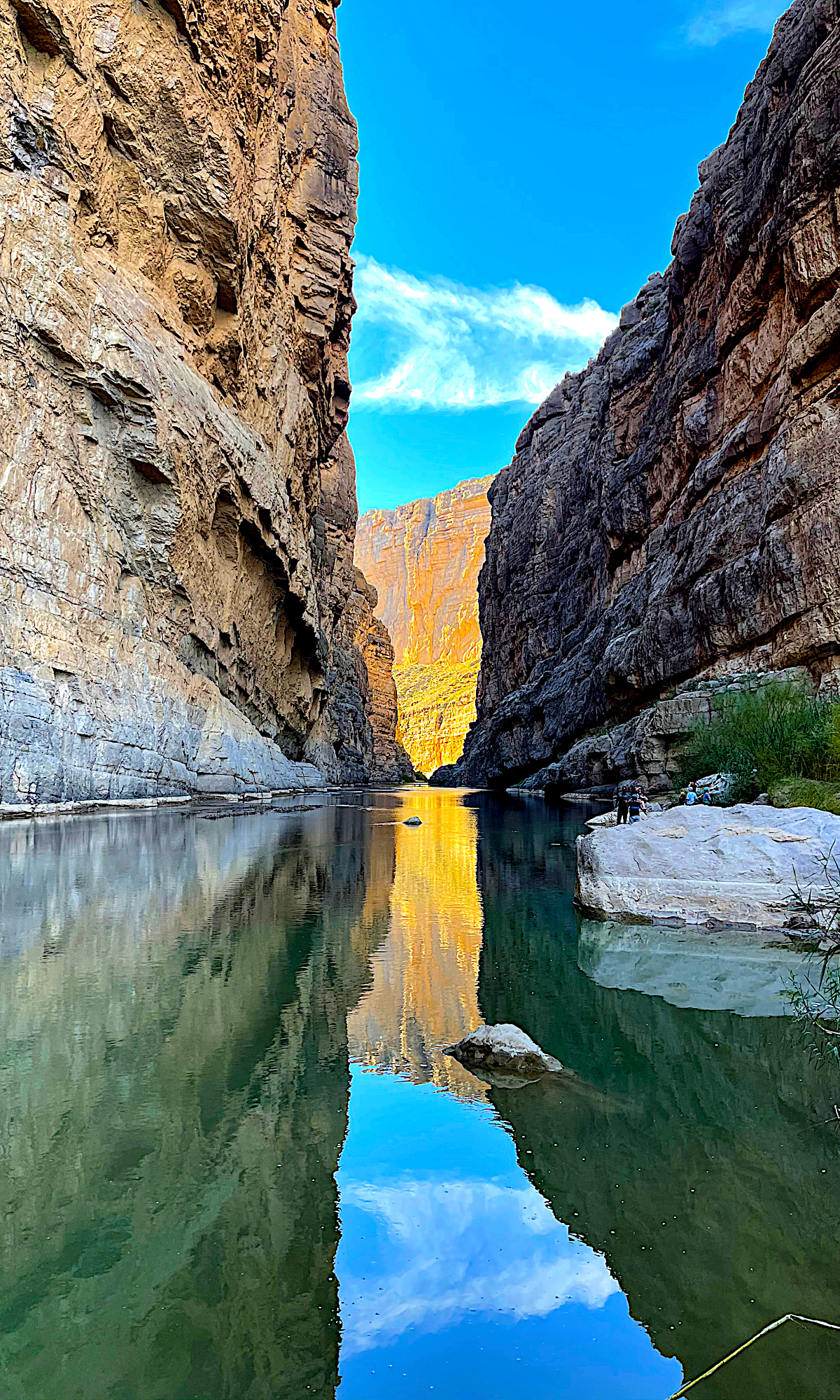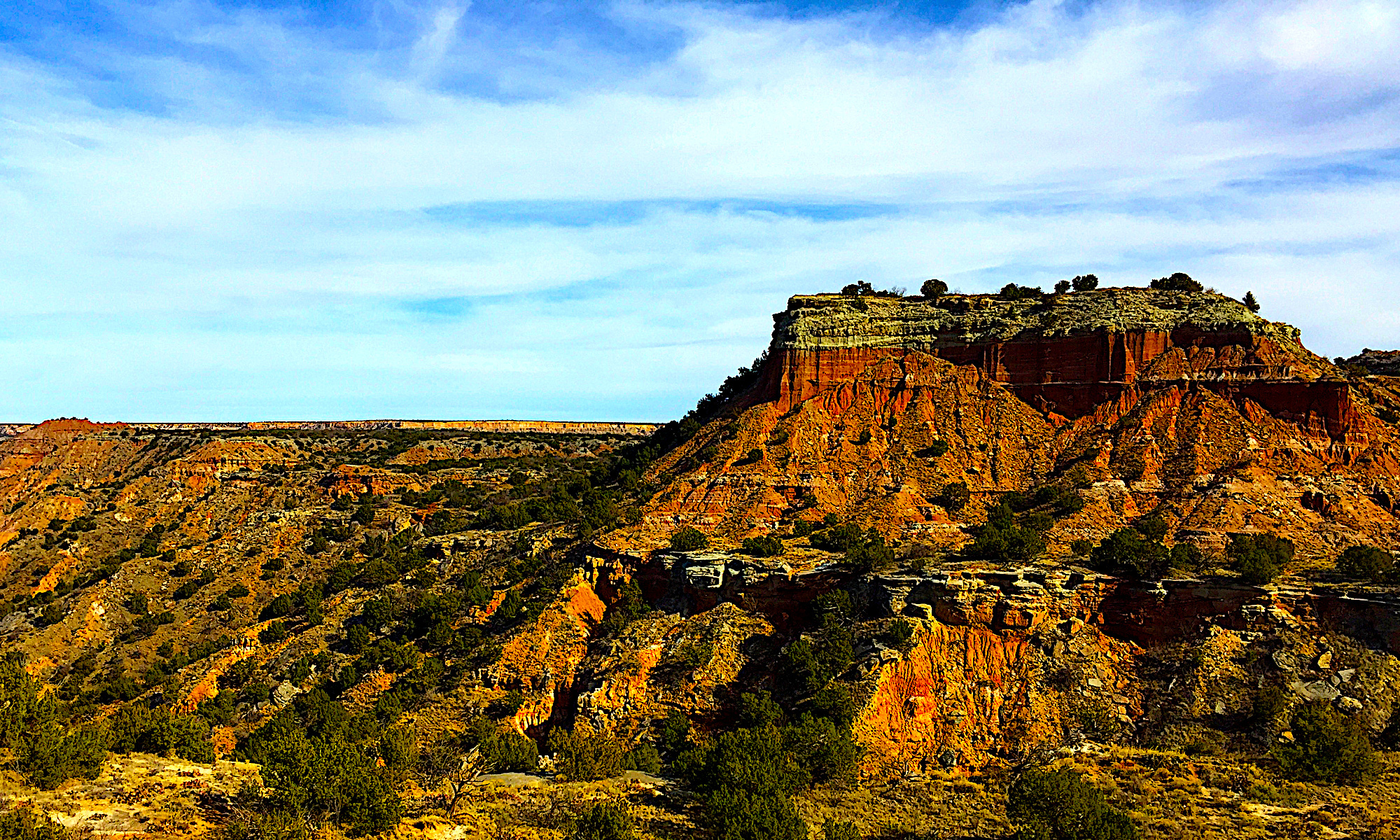
#3 Connecting with Nature
The task of trying to figure out the meaning of life is a daunting one. There is so much that has been discussed, debated, and presented on this subject that one may be tempted to give in to the chaos and noise at the very onset. From mythology to religion to philosophy to science, it is easy to get swayed and pulled over this way or the other. Everyone is clamoring for attention. The ones with the loudest voices who convince the masses with confidence have the ears of many. In this sea of madness, how do you keep your senses and navigate through the mess? How do you find your own convincing path out of this chaos? How do you begin your journey of self-exploration on a sensible footing?
Objective Data
The key to a rational and balanced exploration is to be meticulous about the kind of knowledge we use for our inquiry. If we hang on to information that is steeped in bias, our findings will likewise be tainted with prejudice. We will not come to a balanced conclusion. As discussed in the previous blog, most of our world views are formed through our exposure to society, culture, public opinion, and belief systems. In our times, media – of all sorts – plays a substantial role in forming our viewpoints as well. All such sources of knowledge, however, are subjective. They are not absolute. Societies evolve with time. New thoughts keep emerging in every era. Religious beliefs are likely strongly biased. And the media is known to to be a tool for the powerful. Whoever possesses it owns the narrative. Relying on such sources of information will do us no good. Any picture we construct out of it will not be absolute. It will be subjective, biased, incomplete, and fallacious.
Our objective is to explore the subject of the meaning of life intellectually – not emotionally – with as little bias as possible. In order to perform such an objective exploration, we need to rely on knowledge that is sound, unbiased, and unchanging. But what is that elusive and objective source of knowledge? What is the information available to us that doesn’t vary with the vicissitudes of time? One that stands the test of time and is incontrovertible and undeniable? Clearly, such information cannot be derived from our society, culture, folklore, mythology, beliefs, opinions, and philosophies. It has to come from somewhere else. It has to be derived from a source that is unchanging and absolute. The answer, it turns out, lies in the natural world.
Nature and Us
The natural world around us is built on certain fundamentals. It has characteristics that are factual, methodical, and constant. Its fundamentals do not change with time. No matter what part of Earth you are in, what era of the world’s history you live in, or which culture or civilization you hail from, the framework upon which the natural world around you exists is the same. You will encounter natural bodies on Earth – mountains, skies, air, clouds, land, rivers, oceans, grass, plants, animals, and the like – that are part of the same natural world . The world beyond ours – the sun, moon, stars, comets – is exactly the same for everyone, no matter where one resides on Earth. That may all be true, but you may ask: What does the natural world have to do with our quest for the meaning of life?
Whether we realize it or not, the natural world around us offers a wealth of information that is not derived from capricious human thought. It is neither biased nor tainted with human prejudices. One of the ironies of our hyper connected digital world – the one we have become so dependent on – is that we have become disconnected with the natural world around us. And that, unfortunately, has obscured us from the realities of life.
Thousands of years ago, our ancestral societies were mostly disconnected with each other but they were closely connected with the natural world. Their lives were in tune with the world around them. And that deep connection allowed them to observe, reflect, and learn from their natural surroundings to understand life. Today, we are virtually connected with each other but mostly disconnected from the natural world. Sadly, unlike our ancestors, we have lost that precious ability – the ability of perception and discernment.
Connecting with Nature
We may have much more information today – and we process all of it very quickly – but we hardly spend time thinking deeply about it. There is simply no time for serious reflection. The result is that we look at all things superficially. This is especially true of the natural world in which we live. There is so much beauty and hidden meaning in the natural world around us. We see it every day. We pass by it every moment. We live in it all the time. Yet we don’t recognize it. We take it for granted. We don’t even realize it exists. Even though it’s right there in front of us all the time. All we have to do is to simply open our eyes and our minds to “see” it.
When was the last time you sat down to gaze at and ponder over the starry sky above? Or marvel at the magnificent full moon rising above the twilight horizon? Or the spectacular sunrise and sunset that manifests itself every day? Or the booming thunder and lightning that foreshadows heavy rain? When was the last time you appreciated the soft breeze blowing on your face? Or the gentle drizzle that falls like soft pearls? Or the birds chirping incessantly on trees? Or the squirrels running around all day looking for food? Or the honeybees hopping from flower to flower? Or the myriads of animals and plants that enrich our planet? When was the last time you wondered at the buds sprouting ubiquitously in spring? Or the colorful flowers maturing in full bloom? Or the full spectrum of fall colors? Or the endless variety of fruits and vegetables lined up in your grocery store? Or the diversity of foods available for you to enjoy? Did you go beyond the surface and spend time contemplating them?
If you haven’t done any of the above for a while, you’re missing out on life. You’re living life in a superficial manner. It is like going through the motions of life but not making efforts to appreciate it or connect with it. You will not learn to swim by just dipping your feet in the water. You need to immerse yourself in the ocean to conquer it. To appreciate and understand life, you need to dive deeper than living life on the go. “Seeing” the natural world around you, appreciating its beauty and grace, and pondering over its hidden meanings are the first steps to understanding your place in this world.
Deciphering Nature
After the initial steps outlined in the previous blog, the next step for you is to start appreciating the natural world around you. Go out on walks to admire the beauty of nature. Look out the window to find oases of peace. Keep an eye for the exceptional among the ordinary: The serene sky, the artistic clouds, the warm sun, the glowing moon, the heavenly stars, and the lone tree. Even if you live in the middle of a bustling city, a scorching desert, or an unforgiving tundra, you will still find plenty of natural beauty to contemplate.
Once you start cherishing the beauty of the natural world, you will need to develop the habit of reflecting on its deeper meaning: Where did all this beauty in nature come from? Why are objects in nature aesthetically elegant and organized – as opposed to being ugly, unsystematic, and chaotic. Why is there so much order and harmony in the natural world? How do the many natural bodies work in seamless coordination with each other to give us a thriving, vibrant, and dynamic ecosystem in which we live? Why are there natural checks and balances to ensure our ecosystem maintains its equilibrium? Once you start looking beyond the surface, you will come up with such questions and many more. You will be surprised. The list of wonders is endless.
Nature and Science
A few centuries back, our reflections on nature were limited by our observations and imagination. They were experiential and subjective. Today, science has opened a new vista of the natural world. Centuries of rigorous inquiry in science has given us insights into its inner workings that are mind boggling, The natural world is not only beautiful and harmonized on the outside, but it works with exquisite detail, precision, and complexity on the inside. While we reflect outwardly on nature, we will explore some of the secrets of the inner workings of the natural world. We will use science to understand how nature is organized and how it works. Such an examination will give us the unbiased, objective, and timeless data we were looking for – one that will form the basis of our journey to understand life.
Scientific disciplines, especially ones related to the natural sciences, furnish us with knowledge that is impartial, definite, and universal. There is no subjectiveness associated with it. Once proven or substantiated, it doesn’t change with time. Physics, chemistry, and mathematics will form the backbone of such scientific pursuits. We will also make use of other disciplines of the natural and social sciences to equip us with the necessary scientific data to help answer our questions. Notable among such scientific fields that we will use are geology, biology, biochemistry, microbiology, evolutionary biology, paleoanthropology, and archaeology.
In the first leg of our exciting journey, we will use science as the starting point of our deep exploration. We will examine the big questions of life from a scientific perspective. For the next many blogs, science will be the basis for providing us with factual data to explore the many diverse questions in our journey – from the organization and working of the natural world to the Big Four origin problems. We will start with examining our beautiful planet – Earth.
Let us know how you connect with nature. Does being outside and part of nature energize and uplift you? Or you’d rather be indoors doing your own thing? What insights do you derive from observing the natural world? How can you relate them to explaining the meaning of things? Share your experiences in the comments below.
